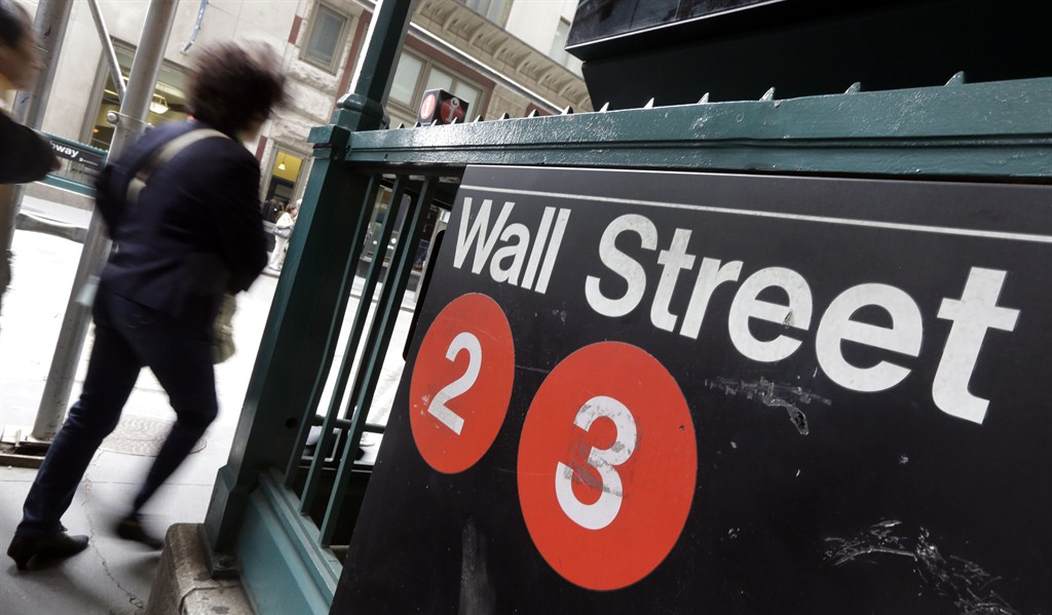For the past several years the financial sector, notably the banks, would enhance their earnings by making the determination that reserves needed to be less. After all, the Great American Recovery was underway and there would no longer be home foreclosures, car repos or credit card delinquencies. Therefore, on a quarterly basis, a reduction in reserves was in order. That shift from reserves to the balance sheet allowed earnings to accelerate, earnings per share to explode and share prices and bonuses to elevate. However, all good things come to an end eventually.
Therefore, a new game had to be found to continue the EPS (Earnings Per Share) myth. Thus was born the share buyback. The banksters, who are not alone, as most corporations are following suit, found declining revenue could be offset by fewer shares outstanding. The daily purchase of shares gave support to the market and the illusion that EPS was rising. At the future expense of capital expenditure and the overall health of the company the share price was saved and corporate bonuses maintained. Share buyback, also, like reserve reduction has a certain shelf life.

44th A Presidential Conspiracy
However ……..
Unbeknownst to many the earnings reported, regardless of reserve reductions or share buybacks, are formulated under two different accounting standards. The first is GAAP. GAAP is pretty simple to understand: income in, expenses out, a few other adjustments and you have your real earnings per share.
Then there is the non-GAAP method which is what is reported in the press each quarter. This is similar to GAAP except for the most important difference, the add back. This method assumes that such things as legal and litigation charges and settlements are one-time occurrences and should not be counted but added back to earnings.
The most blatant abuser of the non-GAAP method, though others have certainly assumed their fair share, is Bank of America. Since 2011 this so-called one-time event for BOA has grown annually to almost 30 billion dollars and at the same time their total net income was only 16 billion dollars. More shocking is that the 30 billion dollar add back has come strictly from fines and penalties on criminal activities that we know of. Thus, for every three dollars in earnings two comes from illegal activities.
Recommended
First of all it was reserve reductions, then share buyback but all along crime.
Can’t these guys just make it the old fashion way by borrowing short and lending long?
Of course not, as long as no one goes to jail and it continues to pay so well, crime will be
Viva La Add Back.

























Join the conversation as a VIP Member